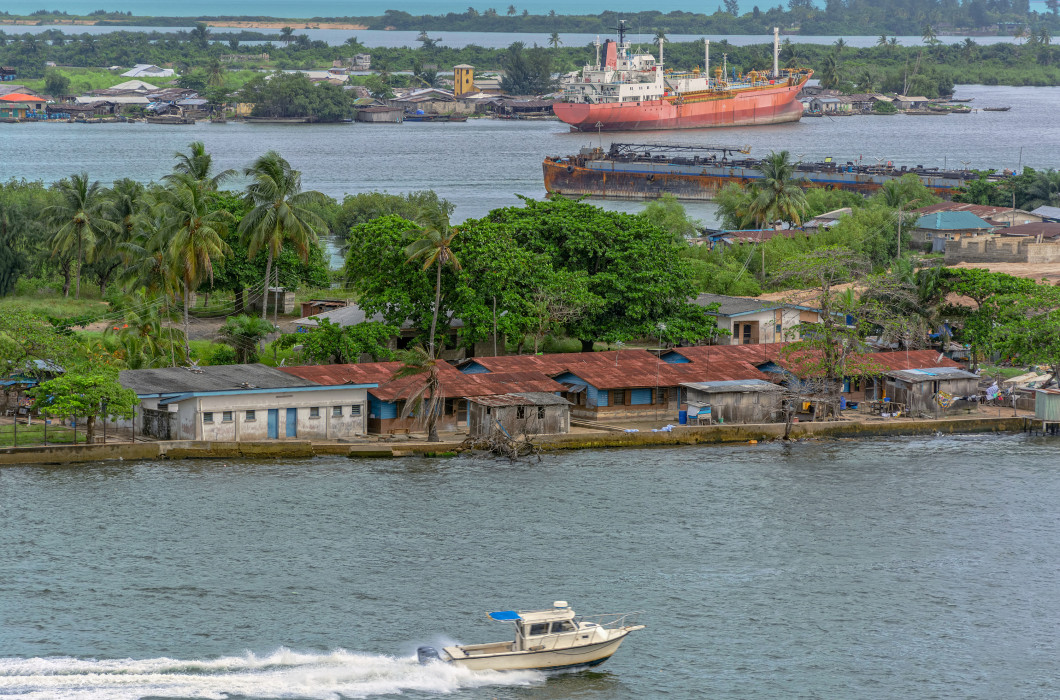client
Institut de la Francophonie pour le développement durable (IFDD)
project description
highlights
As part of the first phase (2011 to 2013), Econoler was mandated to introduce this project’s foundations by: (i) studying the lessons learned in the existing international labelling schemes; (ii) conducting market studies on appliances in Benin and Burkina Faso; (iii) assessing national frameworks so as to promote energy labelling; (iv) designing a voluntary energy labelling scheme adapted to national standards; (v) reinforcing institutional capacities; and (vi) identifying potential technical laboratories within the WAEMU area. Basing its work on the success of the first phase, Econoler initiated the second phase (2015 to 2017), primarily targeting technical assistance for the adoption of the energy labelling standard for appliances by the Union member countries on a regional scale.
To achieve its goals, Econoler performed the following tasks during the Phase II:
- Assist WAEMU member countries for the validation of the directive, the regional standard and the national energy labelling for appliances texts;
- Assist the WAEMU for the creation of a dynamic national specialists and decision-takers network that would be able to transfer the regional directive’s provisions into the national legislation;
- Conduct market studies on appliances in the six other WAEMU member countries in addition to the Phase I, and quantify the social, economic and environmental impacts of an energy labelling scheme for appliances;
- Conduct national studies on the implementation of monitoring, verification and application (MVA) programs and on the implementation of complementary national policies and mechanisms as a supply and demand incentive;
- Develop a training program for trade inspectors, custom officers as well as appliances importers and distributors;
- Assist the WAEMU for the selection of three test laboratories, required test equipment and for the development of a public awareness campaign.
Once the regional energy scheme has been adopted, it will enable a sustainable reduction of energy consumption and greenhouse gas (GHG) emissions within the WAEMU member countries in order to address the energy supply issues they are facing.



